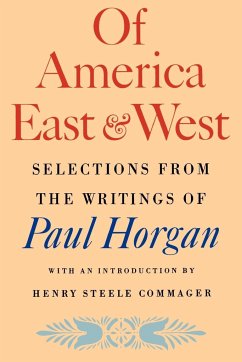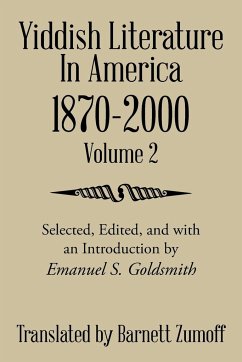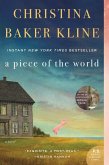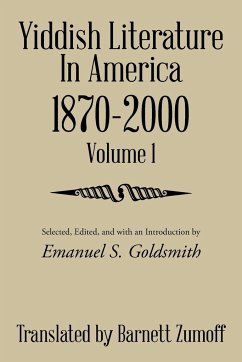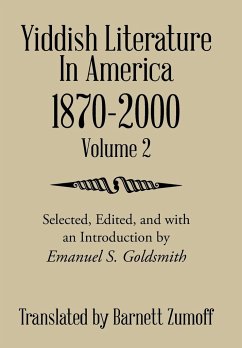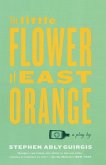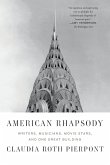No historian writes with such command of language or feeling for human nature. The difference is his luminous imagination, as Henry Steele Commager observes in the introduction to the newest Horgan volume, Of America East & West, a sumptuous selection from fifteen of the earlier works, many of which have been long out of print. I began reading Paul Horgan more than twenty years ago and he has given me no end of pleasure ever since. Whether in fiction, history or biography, he is a writer of large vision and manysidedness. He can be serene, funny, elegant, earthy and lyrical. He can range across art, opera, politics, natural history, military history and intellectual history. Narrative energy suffuses everything he writes. But it is his gift of empathy that lifts his work to the level of art and gives the history he writes 'reality.'
Hinweis: Dieser Artikel kann nur an eine deutsche Lieferadresse ausgeliefert werden.
Hinweis: Dieser Artikel kann nur an eine deutsche Lieferadresse ausgeliefert werden.

